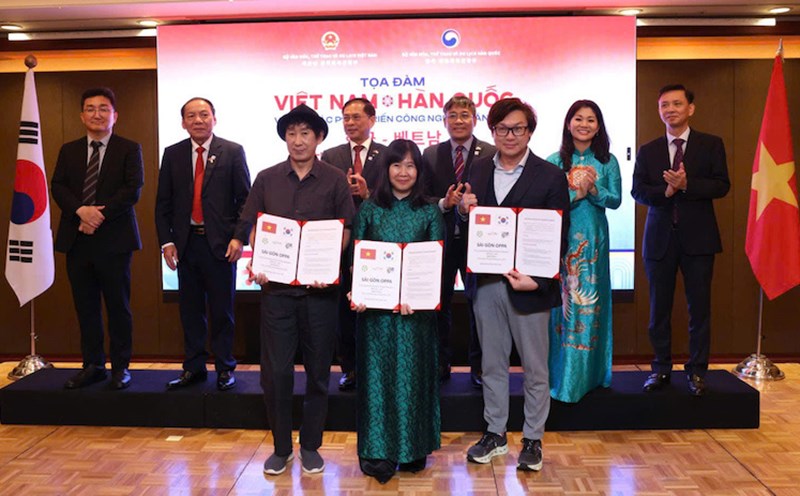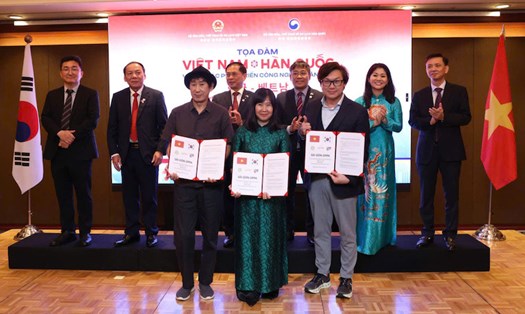Recently, BTS's RM leader gave a speech at the 2025 APEC (Asia-Pacific Economic Cooperation Forum) Summit, calling on leaders of countries to provide greater financial support for the cultural sector.
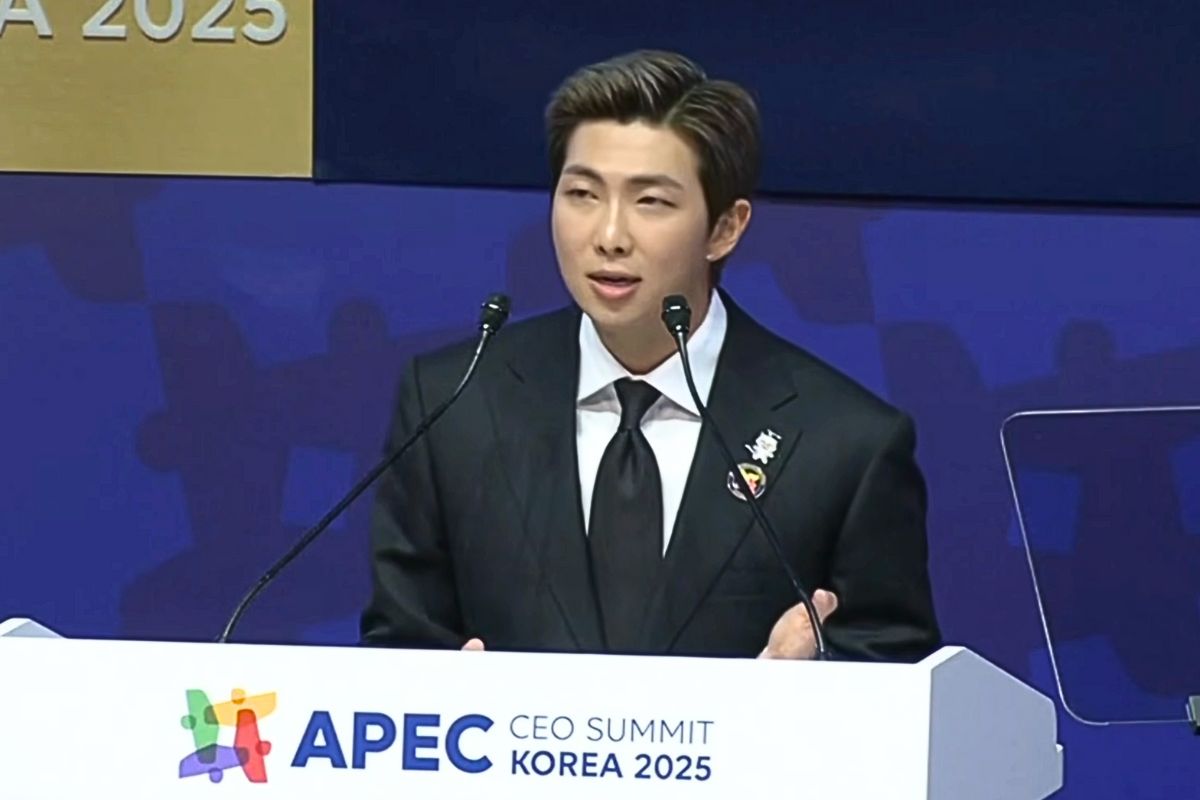
In fact, the current K-Culture Industry is one of the strategic pillars of the Korean economy, playing a role not only in economics, but also in diplomacy, society and national brands.
Therefore, major economic groups in the land of kimchi also have many investment and development strategies related to the cultural sector.
Korea's largest economic group - Samsung Group - in addition to developing key sectors such as electronics and technology, has expanded its business in the cultural sector since the 1990s, with the establishment of Samsung Entertainment Group (SEG) to participate in investing in film, television and music production.
Although the SEG project disbanded in the late 1990s due to the Asian financial crisis, it has laid the foundation for the mindset of culture is industry and was later inherited by leading Korean entertainment companies.
CJ Group - the current Korean entertainment culture tycoon - was originally a part of Samsung Group. After separating from Samsung in 1993, CJ inherited the cultural mindset initiated by Sumsung (SEG), turning culture into a key export industry and promoting the Hallyu wave.
In 2021, Samsung Electronics cooperated with CJ ENM to build a virtual production studio. In particular, Samsung provides micro‐LED The Wall display technology to CJ ENM to support the production of films and entertainment content.
In addition, Samsung has established cultural funds to preserve and promote Korean cultural and artistic values (operating the Leeum Museum of Art in Seoul), supporting young artists and international cultural exchange activities.
Samsung also cooperates promotional with leading K-pop artists such as BTS and Blackpink to enhance brand value and clearly demonstrate a cultural marketing strategy combined with technology.
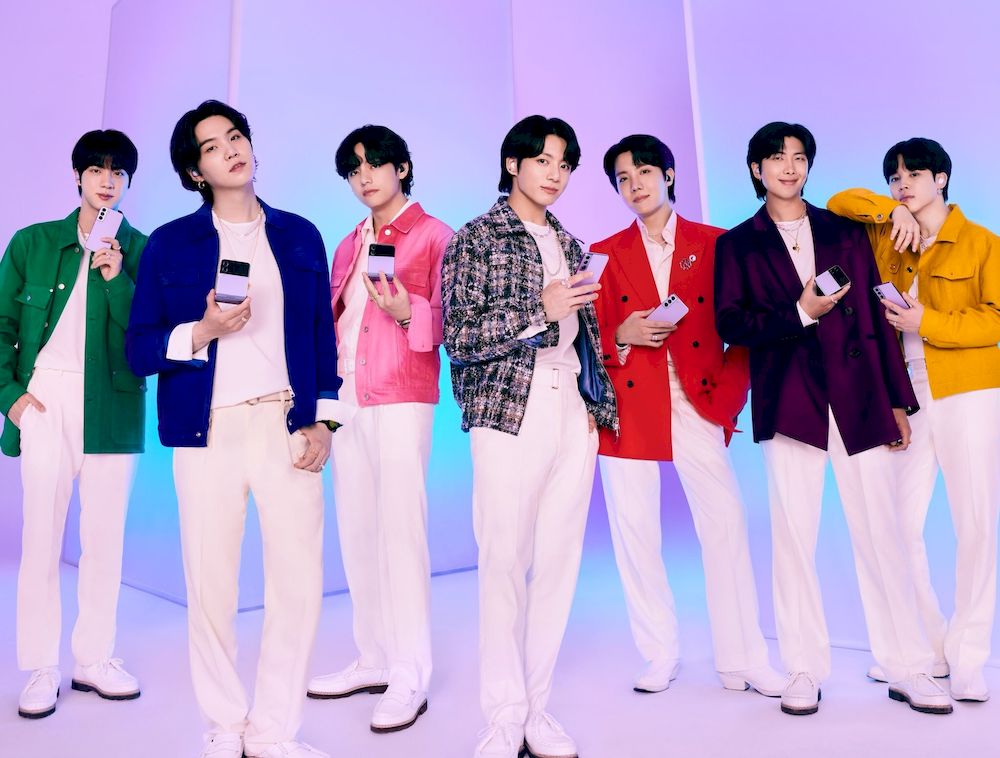
Other major Korean economic groups such as Hyundai, SK, LG also invest in the cultural industry in many ways.
Hyundai Group has cooperated with SM Entertainment to conduct a virtual product launch with the participation of male idol Kai (EXO).
In October this year, LG Electronics held a concert-combined seminar event, focusing on the theme of connecting AI with art and entertainment.
In addition, in Korea, the investment of financial - banking corporations (KB, Shinhan, Hana, Woori, Nonghyup...) in communication and promotion campaigns through the images of artists and celebrities has become a trend.
Earlier this year, Hana Financial Group announced G-Dragon (Big Bang) as its representative face, and G-Dragon's promotional campaign with Hana Bank caused a stir on social media.
This group also has many other famous models and ambassadors such as Son Heung Min, Lim Young Woong, An Yu Jin (IVE)...
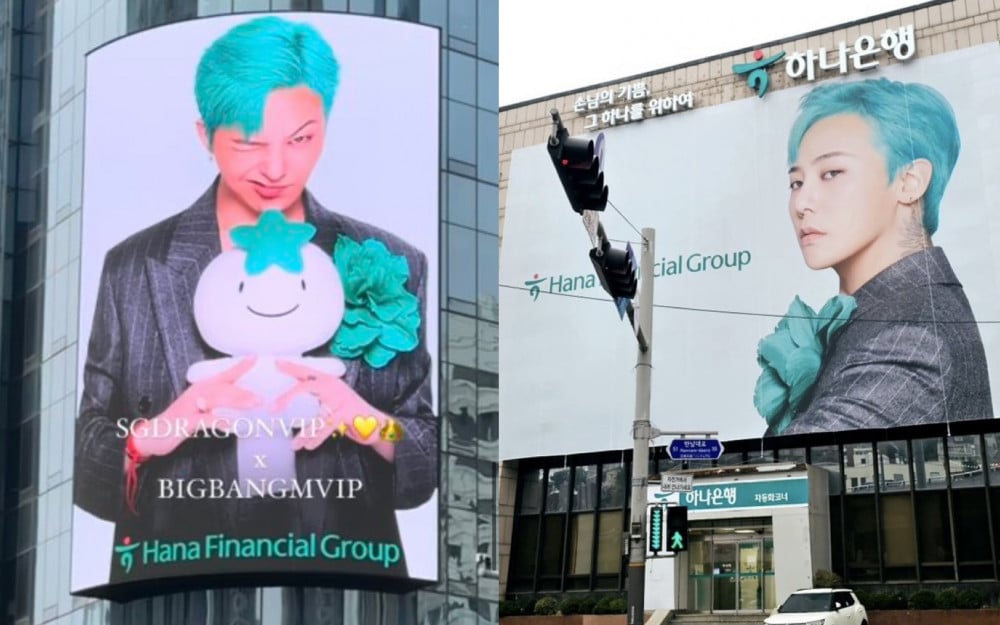
Banks also take advantage of ambassador and model resources to organize private music events, or cooperate with Kpop companies, bringing concerts that gather many famous artists.
In 2024, the Ministry of Culture, Sports and Tourism signed a cooperation agreement with the Ministry of Science, Information Technology and Communications of Korea with 9 organizations and enterprises to establish a Korean media and content " Strategy Fund" worth 600 billion won. This fund has the participation of a number of Korean banks, Jungang Group (SLL), SK broadband, LG U+...
In 2025, Korea has invested more than 7,000 billion won in cultural content and planned to work with large enterprises and large economic groups to turn cultural content into a national strategic industry, increasing soft power for Korea.
The participation of large economic groups creates a financial foundation for developing the cultural and entertainment industry, while also showing the power of corporations in all fields in which they invest.



